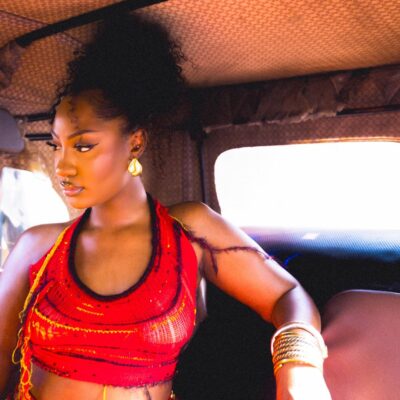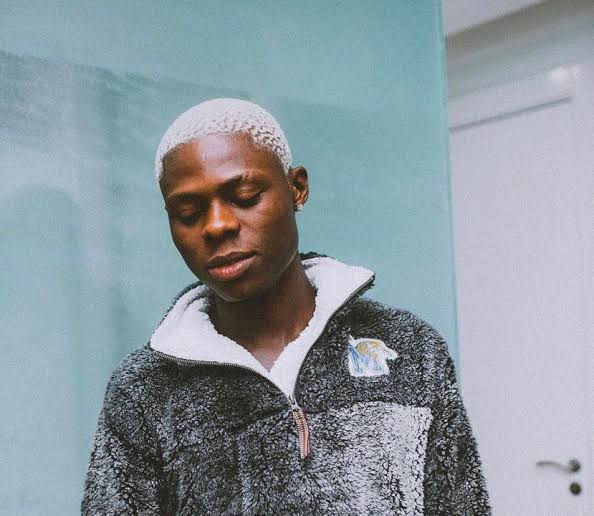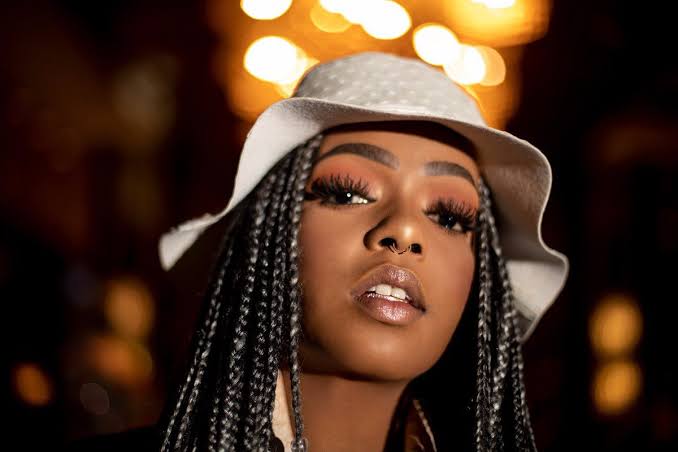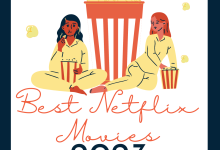The Music Streaming Farm Pandemic In Nigeria, What It Is, And How It Works

Some individuals may have never heard of streaming farms before the exchange of insulting tweets between Afrobeats musicians Ruger and BNXN. But they are hardly brand-new developments in the music industry. The huge amount of bogus global streams, according to industry heavyweights like Rolling Stone, may be costing artists $300 million or more annually.
What are Streaming Farms?
Streaming farms are similar to the black market of the music industry; they are businesses that use software bots or a huge number of phones to illegitimately boost the number of times a song is listened to. They develop listening bots that can stream music up to 1,000 times per minute, which translates to the possibility of providing an artist or band with a count of more than 10,000 fictitious streams of their song in just ten minutes. The amount of times a song is streamed as a result is significantly higher.
Unknown musicians utilize it to attract the attention of major labels, while many companies use it to increase their artists’ streams and keep them popular on the market. Some well-known figures in the music business have come under fire for allegedly employing streaming farms to artificially inflate or raise their numbers.
An LA-based sound engineer named Brian Harrington has written about music streaming farms and how to spot them, warning that small towns listed as “top cities” are a major warning sign. Harrington claims that a musician’s Spotify follower-to-listener ratio and social media interactions with fans show if a following is real or exaggerated.
This action is a marketing tactic, not primarily intended to generate income. It is used to advertise professional musicians, their albums, songs, and musical genres. These days, one song is sufficient to support a whole album, and this system may be manipulated to the benefit of the parties involved. Because it is impossible to tell which songs are propelling a certain artist’s album to the top, streaming farms can be effective.
Despite the fact that this is an underground market sector, streaming farms have always been in this area, and everyone in the music industry seems to be aware of it. The late Michael K. Williams investigated the underground market for streaming farms and how it affects the music industry globally in a documentary he produced with Vice TV.
how many faking their streams?
paying for streams is a very real thing and before his untimely passing michael k. williams looked into the underground market of streaming farms and took @vicetv cameras to one right in new york. you have to see this to believe it. #blackmarketpic.twitter.com/ok9yzCwoY7
— Genius (@Genius) February 2, 2022
Even the biggest acts in the music business are caught up in this issue in some way. The operating systems of streaming farms are somewhat reminiscent of the early email marketing craze, when email marketing companies would pay potential subscribers in developing nations to click on their newsletters so they could display their impressive statistics to the powers that be and align their records and revenues.
Nigerian streaming farms are starting to make headway in the market, and streaming is beginning to mirror the real trends in our consumption. Nowadays, achieving the number one song takes a lot more labor than it did a few years ago. A manager of a major label claimed in an article on pulse.ng that streaming farms are similar to paid advertisements that are used to increase reach and support a project.
The main reason that labels and artists use stream farms is to improve their chances of success in a sector where statistics drive the narrative. He continued by saying that, like fans, investors are more likely to pay attention to an artist whose songs are popular.
The predominance of streaming farms will increase; it is the cost of progress, and they are not going away; there is nothing anyone can do about them. Given how many labels and artists utilize it, it looks that it is either join or lose in such an ecosystem. Regrettably, certain record labels are frequently forced to reach into the cookie jar.
The only way to stop this is for DSPs to discover a convincing technique to flag these notorious streaming platforms, which is difficult in this day and age of internet connectivity. We should recognize that the majority of artists do it, so there is no need for pretense.



















